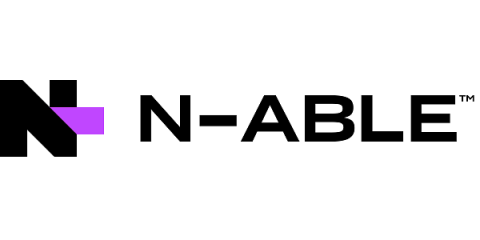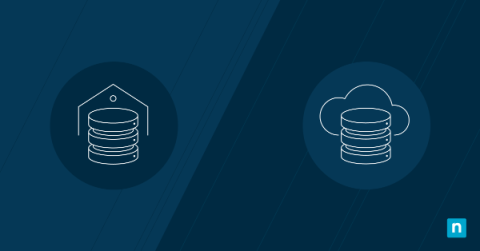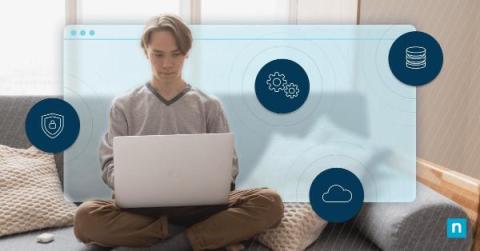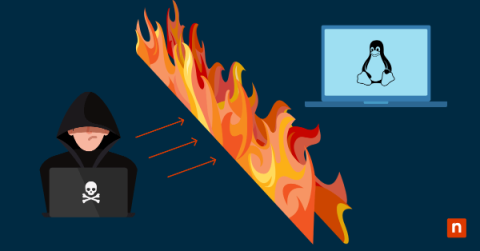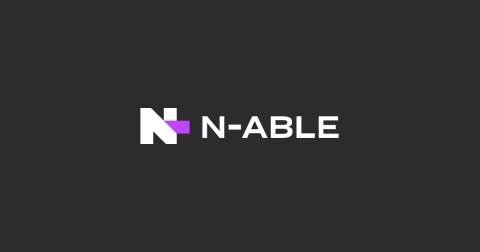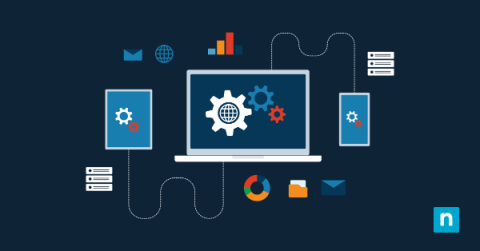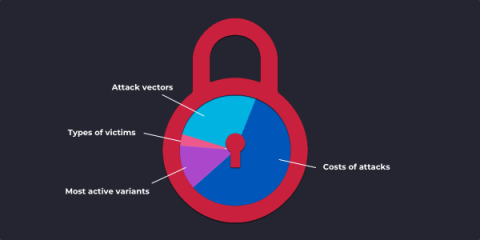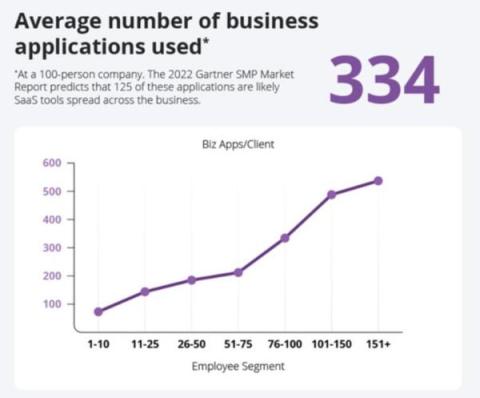Operations | Monitoring | ITSM | DevOps | Cloud
Latest News
On-Premise vs Cloud Software: What's the Difference?
Since the early 2010s, software delivery methods have largely evolved. While on-premises tooling defined the first wave of customizable software, the market saturation of cloud-based counterparts offers new forms of software solutions. Navigating the complexities of on-prem, cloud, and hybrid setups demands a deep understanding of each offering’s efficiencies and requirements. Learn more about on-premise vs cloud software in our comparison below.
4 Ways Technology Supports a Remote Workforce
Employees have already staked a claim on the future of remote work. With 98% of millennial employees wanting to work from home at least some of the time, reported benefits range from lower stress to enhanced productivity and motivation. As a team leader, however, the complexities of managing a remote workforce can seem daunting. This is where technology can help your hybrid and remote teams unleash new forms of collaboration unrestrained by office walls.
How to Configure a Linux Firewall: The Ultimate Guide
A firewall stands as a digital gatekeeper, meticulously sifting through network traffic and deciding what may pass. This protective shield, fundamental to cybersecurity, is integral in the Linux world. The Linux kernel itself is effectively a de facto packet switching firewall, crafted as it is around the principles of packet filtering at the most fundamental operating system level, thus exemplifying the pivotal role of firewalls in system security.
3 Tips to Help MSPs Thrive in a Saturated Market
One of the things we talk about a lot when discussing the current state of the MSP market is the concept of the Red/Blue Ocean. In this analogy the Blue Ocean represents a market where there are lots of opportunities to grow and do more business; while the Red Ocean represents a saturated market where opportunities are harder to find.
12 Things to Look for When Choosing an RMM Platform
As organizations become increasingly reliant on remote solutions, the choice of a robust remote monitoring and management (RMM) platform becomes paramount for MSPs. But it’s not that simple. With so many options on the market and the whole IT landscape changing rapidly. What should you be looking for when it comes to selecting and RMM. Here are 12 things you should be considering.
IT Automation is a Force Multiplier for Businesses
IT automation is quickly becoming one of the most critical aspects of a modern IT operations environment as it reduces the cost of performing routine IT tasks while also increasing the productivity of individual team members. IT automation can be defined as the process of utilizing software and other systems to automate manual processes and easily repeatable tasks related to managing and supporting remote endpoints.
Building a Culture of Automation: Unleashing Efficiency and Innovation
In today's fast-paced digital landscape, businesses constantly seek ways to improve efficiency, reduce costs and stay competitive. Resourceful organizations find that automating repetitive tasks, streamlining processes and resolving issues without human intervention can revolutionize how organizations operate. This blog will delve into the benefits of automation and provide insights on fostering a culture of automation within your company, supported by relevant sources and examples.
Must-Know Ransomware Statistics, Trends, and Facts
Although IT teams and MSPs continue to ramp up their security efforts, ransomware attacks show no signs of slowing down. Statistica’s ransomware report shows that in 2022, there were approximately 493.3 million ransomware attacks, and while this is a decrease from the 625.3 million attacks that occurred in 2021, it’s still higher than all the other years in the last decade.


